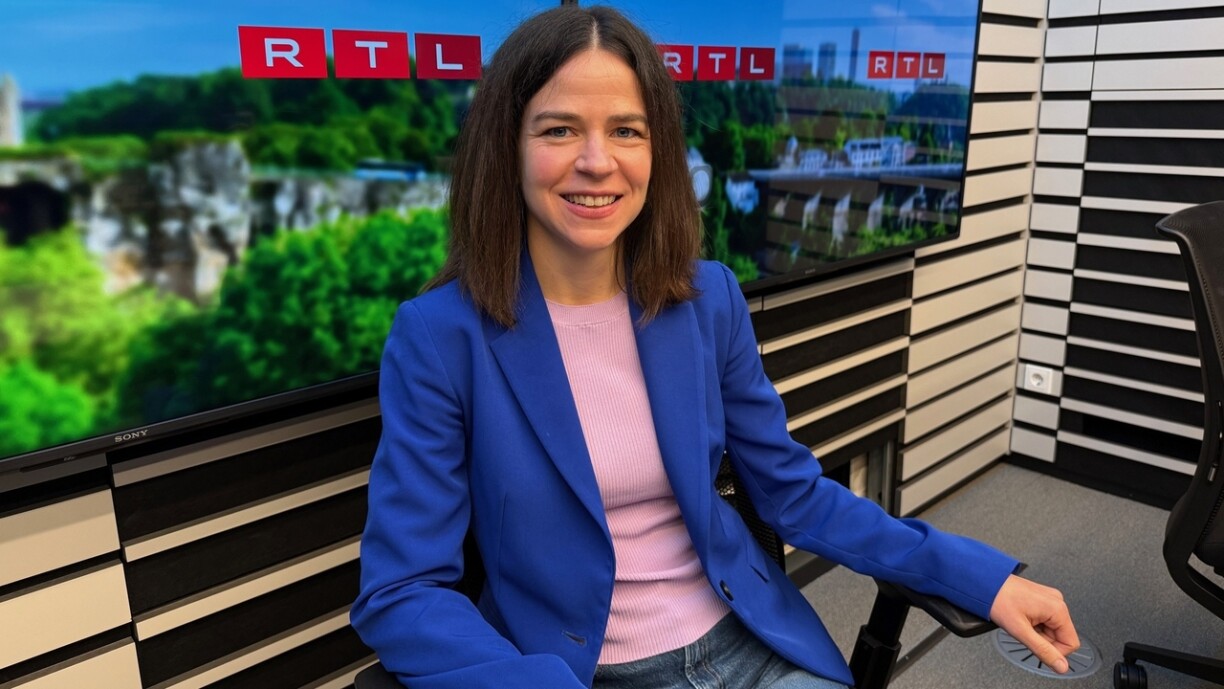
Noémie Sadler, president of the Consultative Human Rights Commission (CCDH), discussed Luxembourg’s asylum policies and human trafficking on RTL Radio on Thursday mornging. In principle, the CCDH agrees with the concept of the ‘Return Home’ facility, known as the ‘Maison de retour’.
The facility is part of vital infrastructure for asylum seekers who were not granted leave to remain in the Grand Duchy and who therefore have voluntarily agreed to return to their home country.
However, the centre in question is provisional, says Sadler. A hall with tents and beds, the centre is a “precarious and provisional set-up”, and has been for some time now.
The CCDH’s major criticism with the Return Home facility is that it accommodates familes with young children, and the sanitary facilities are situated outside. This means that when it is cold and dark, residents have to go across the yard to use the bathroom.
There is no space for children to play and no psychological support for the residents. Many of the people using the Return Home centre have been in Luxembourg for a long time, their children go to school here, and when all procedures are completed, they will be sent home, which can often result in mental distress.
Belgium has a good system for offering counselling, Sadler explains, which could be a source of inspiration for Luxembourg.
The CCDH president says there were no advance discussions with social organisations in terms of how to accommodate refugees humanely. Instead, the facility was set up from one day to the next. The Commission also does not accept the Ministry’s argument that the centre is temporary while they seek out suitable accommodation, as the problem has been ongoing for years.
Two-thirds of municipalities in Luxembourg do not have refugee structures. Is there a need for a quota to oblige municipalities? The CCDH does not have a position on this issue but insists that more refugee accommodation is needed, as the problem is growing.
Whilst Sadler acknowledges that housing is an issue, and finding suitable space is not easy, she says if there is sufficient political will to do so, alternatives could be found. Housing for refugees or people facing deportation is a hot topic and is therefore already a big issue of political will, she adds.
The CCDH is currently working on a report on human trafficking in Luxembourg covering the last decade. The Commission is positive that there is a greater sense of conscience and that more specific checks are taking place. The increase in checks could be an explanation for why figures have increased, with 29 cases reported in 2025 so far.
Realistically, unreported figures could be much higher, according to the CCDH president. Human trafficking is a lucrative phenomenon found worldwide and is difficult to combat, as victims are often afraid to speak out, Sadler says.
In Luxembourg, the first problem is that the procedures take an incredibly long time and as a result, the victims can simply disappear during the investigation or the procedure, meaning there is no one to testify in court. Another issue which requires improvement is witness protection, and compensation for victims, Sadler explains.